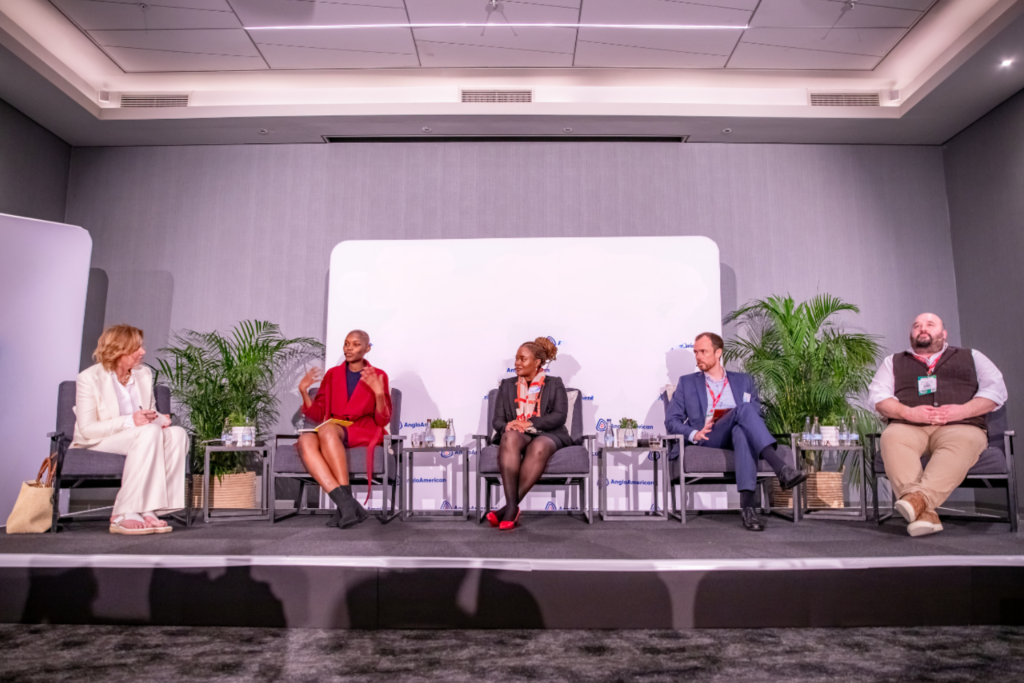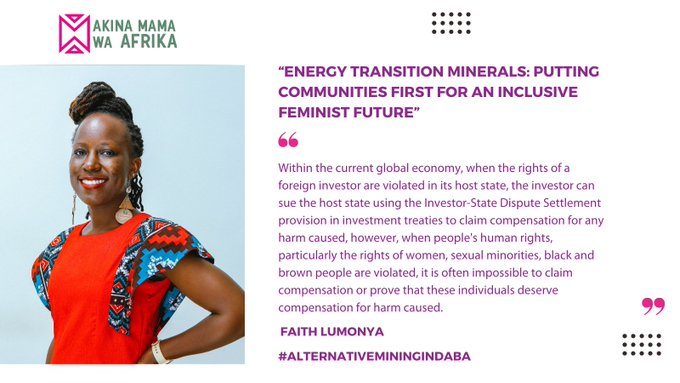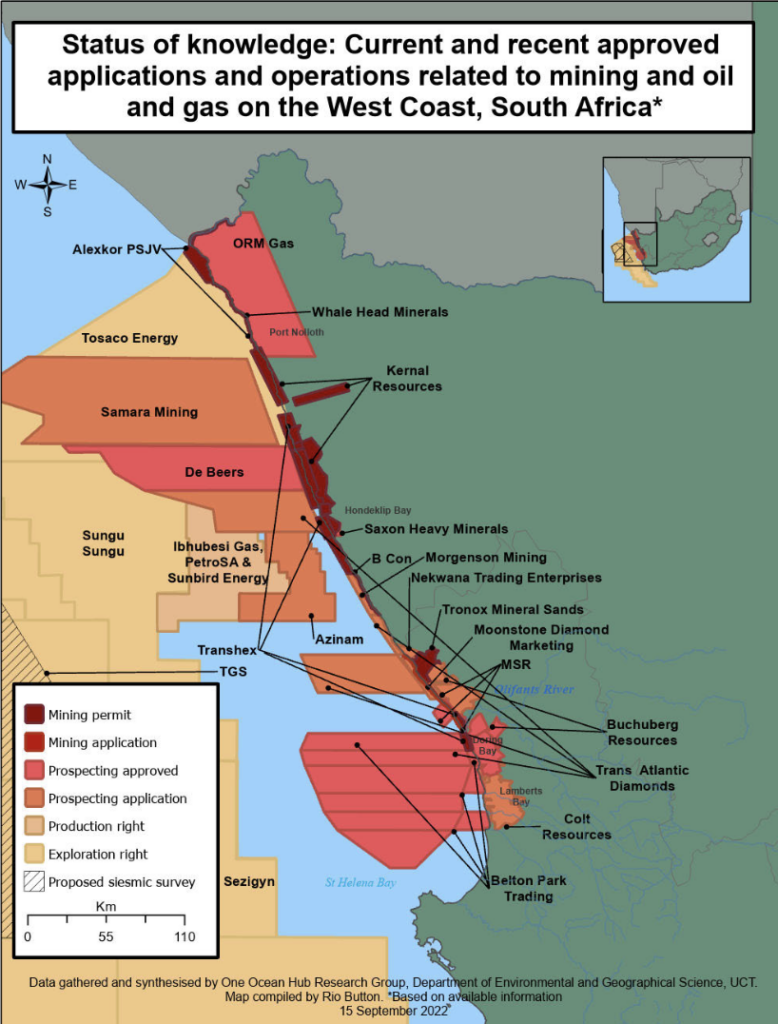The Alternative Mining Indaba (AMI), a yearly gathering of communities impacted by mining, civil society organizations, and faith-based groups worldwide, wrapped up in Cape Town following four days of discussions on Energy Transition Minerals: Putting Communities First for an Inclusive Feminist Future.

Across town, government officials, business leaders, and investors attended the official Mining Indaba event. It is here where far too often and for much too long, decisions are made without heeding the urgent calls of those gravely affected to respect the Free, Prior, and Informed Consent of Indigenous Peoples and to safeguard the health, livelihoods, land rights, and the environment.
Here are my four takeaways from this year’s AMI:
- For many African communities, the conversation about a just transition needs to address the inequitable access to energy. By 2030, it is estimated that 660 million people will not have access to electricity, and 85% will be from Sub-Saharan Africa. Guardrails must immediately be embedded into clean energy policies to ensure equitable access to renewable energy and fair benefit sharing for frontline communities.
- Better decision-making is more likely when the voices of women, youth, and sexual minorities are heard during community consultations. Faith Lumonya, activist and programme officer of Akina Mama wa Afrika, highlighted the importance of The African Feminist Charter and why we must first understand why and how mining further marginalizes these groups.

In areas where mining operates, women’s labor is often unpaid. Their burden is compounded when the health of their family members is compromised because of their work in the mines or through poor air quality and polluted water from mining operations. This forces women to assume more responsibilities in their homes and communities, a factor the mining industry has overlooked.
We must center the voices, contexts, and realities of women, sexual minorities, and the youth to generate meaningful solutions.
- Communities are already bearing the brunt of climate change, and the risks are exacerbated by increased mining. In the Western Cape, mining and offshore oil and gas explorations threaten the way of life and livelihoods of Indigenous communities already suffering from depleting fish resources because of global warming. This is also the challenge fisherwomen face in South Africa’s Eastern Cape and Western Cape provinces. They shared that severely damaged coral reefs have decreased oysters production. African governments need to do much more to strengthen communities’ climate resilience. They must also enforce higher social and environmental standards when applying for exploration licenses.
- African governments need to reform laws and policies. It has been estimated that the African continent loses approximately US$50 billion annually through the illicit financial activities of multinational companies and wealthy individuals. While these commercial activities span a range of sectors, the quality and quantity of most exported natural resources, such as crude oil, minerals, and timber, are undervalued.

This practice eats into the revenues of an exporting country, which weakens a government’s ability to provide basic services for its people and to meet its developmental goals.
This is why Faith Lumonya also called for African governments to conduct comprehensive reviews of their mineral laws and policies to break away from paternalistic, neoliberal, colonial, and historical biases.
Sign up for updates about how to support our efforts to ensure that the energy transition is not built on irresponsible mining practices.
